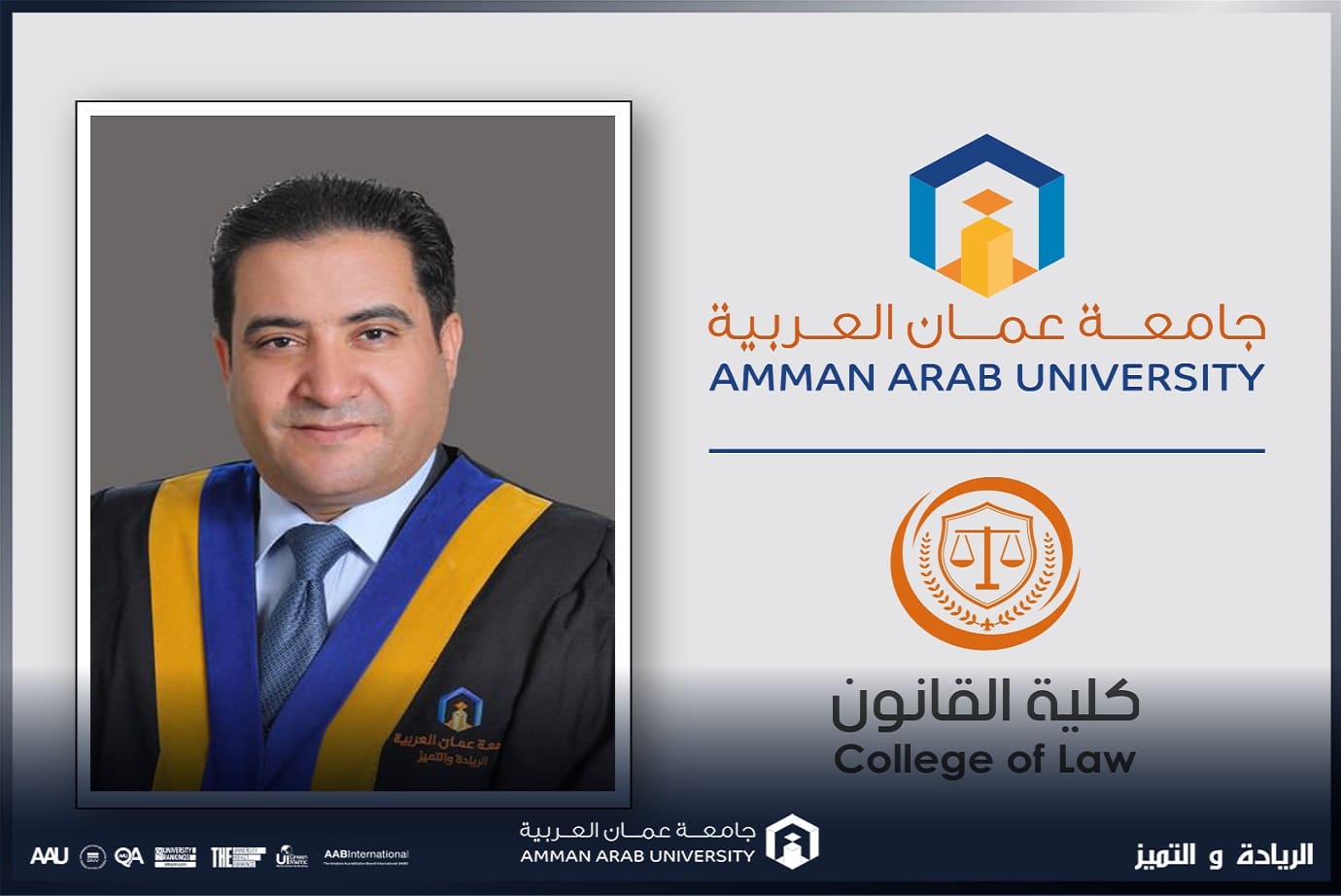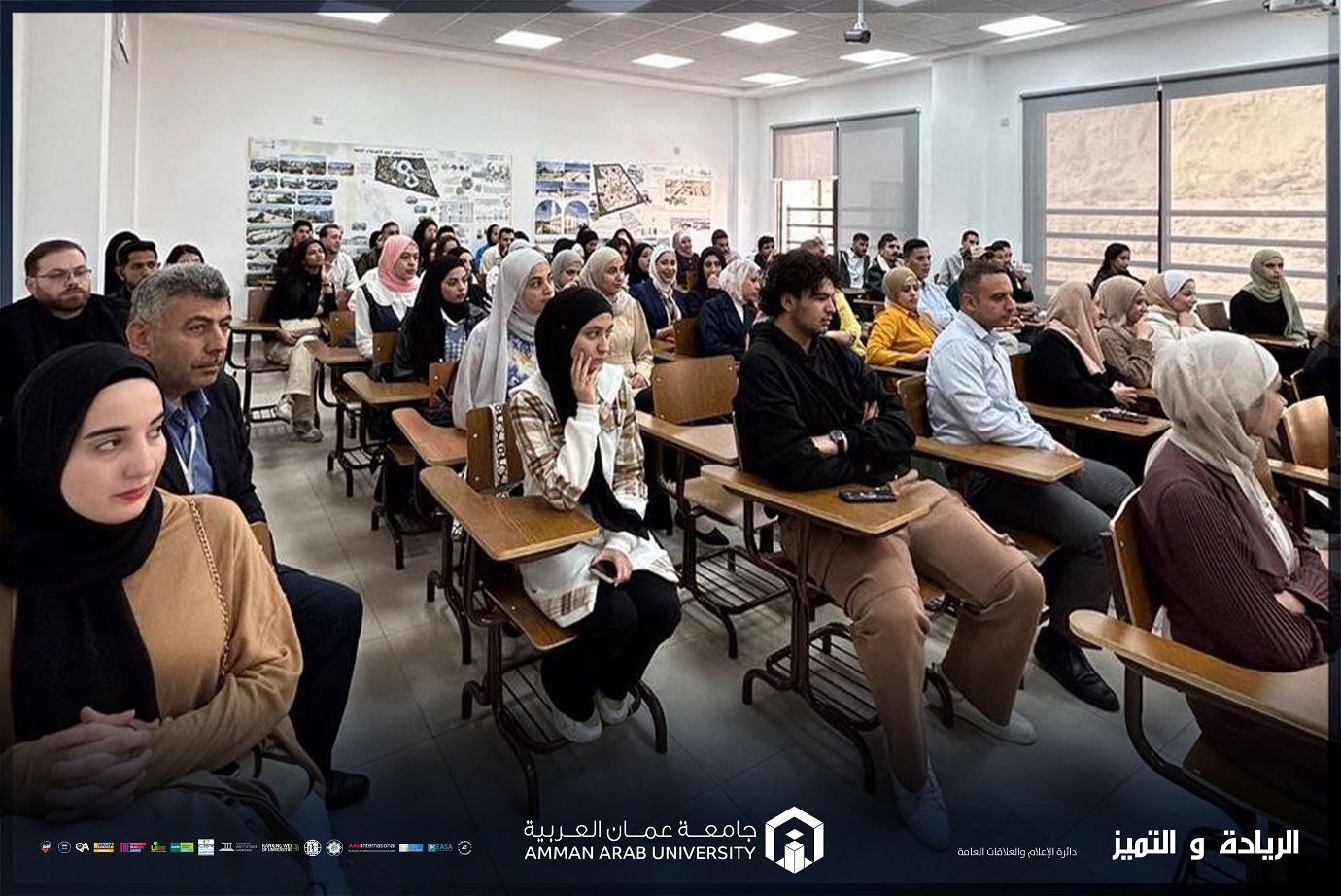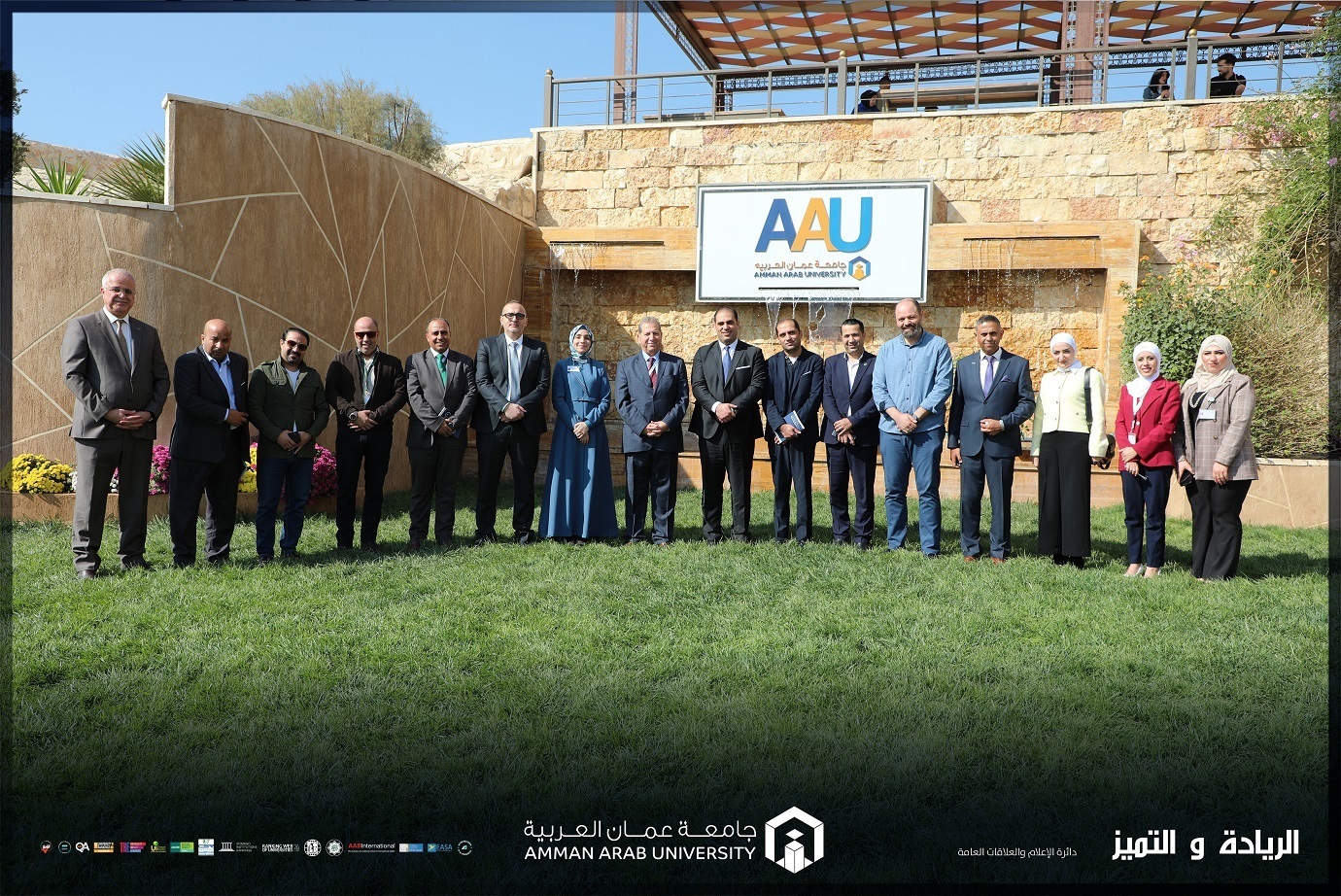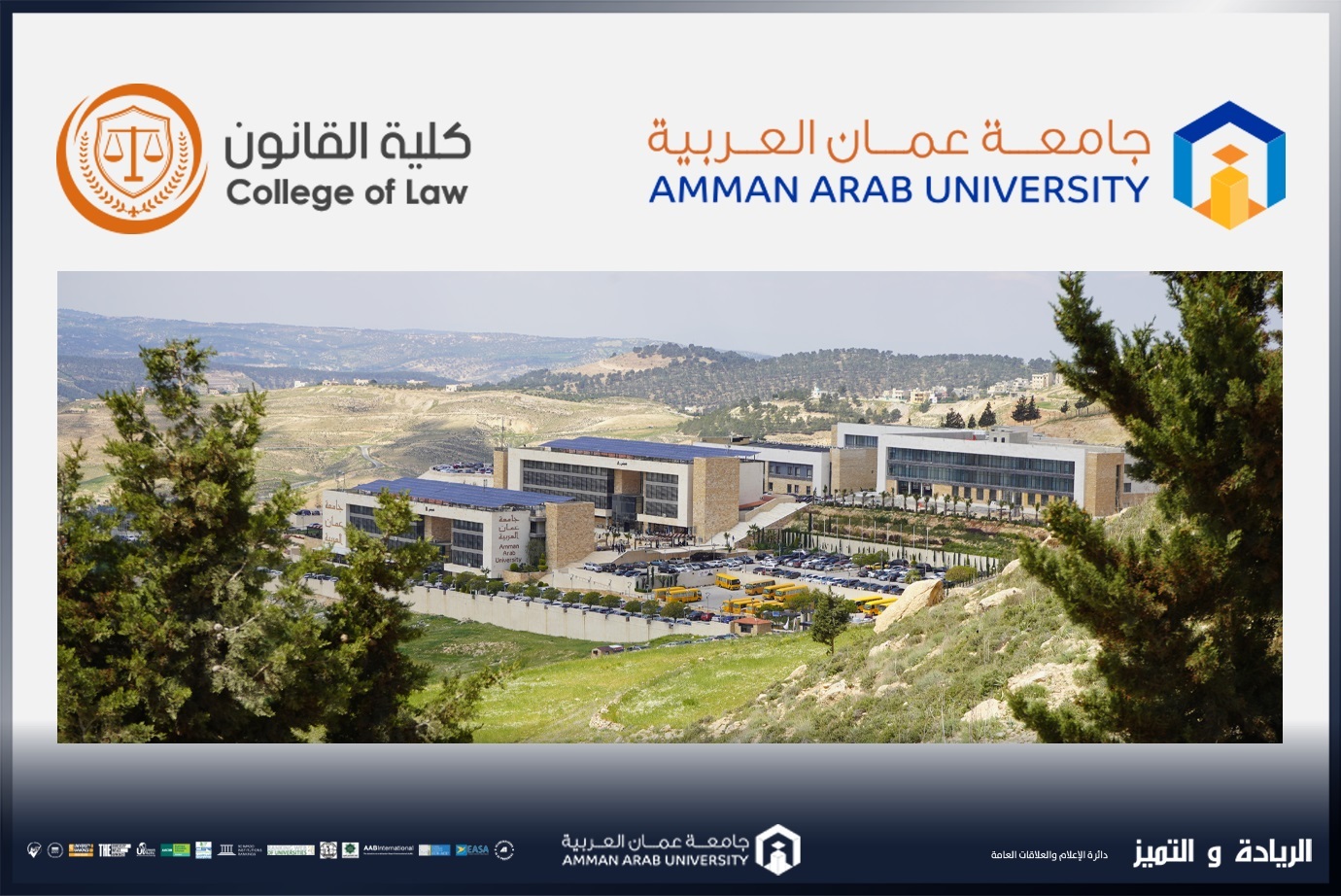
Bin Tarif from “Amman Arab University” Lectures on “Integrity and Anti-Corruption”
Dr. Muhammad bin Tarif, Assistant Dean of the College of Law and Head of the Law Department at Amman Arab University, presented during a symposium entitled “Integrity and Anti-Corruption,” which was organized by Irbid National University for students of the College of Arts and Sciences via the Microsoft Teams application, the definition of integrity and corruption, in addition to a presentation of the constitutional texts to combat corruption. During the symposium, he explained to the attendees the legislative and institutional framework for combating corruption, the procedures for prosecuting corruption, the institutional framework for combating corruption, and the position of law and Islam on corruption, , and nepotism,and the emergence and development of the Anti-Corruption Commission, as when His Majesty King Abdullah II Ibn Al-Hussein, may God protect him and protect him, entrusted the government with establishing an independent anti-corruption commission, this covenant was an expression of a serious political will to declare war on corruption and dry up its sources, and to mobilize the efforts of state agencies to combat it. Institutional prevention.
Bin Tarif stated that Jordan received ratification of the International Convention against Corruption in 2005, and an independent body was later established to combat corruption, in appreciation and praise from many countries that joined in ratifying the Convention and putting it into effect, as most of them, including the Hashemite Kingdom of Jordan, worked to harmonize most of their legislation in a way that is consistent with Provisions of the international agreement.
At the end of the symposium, an extensive dialogue and discussion took place, focusing on the issuance of the Anti-Corruption Commission law, through which the lecturer answered the inquiries of students and attendees.







